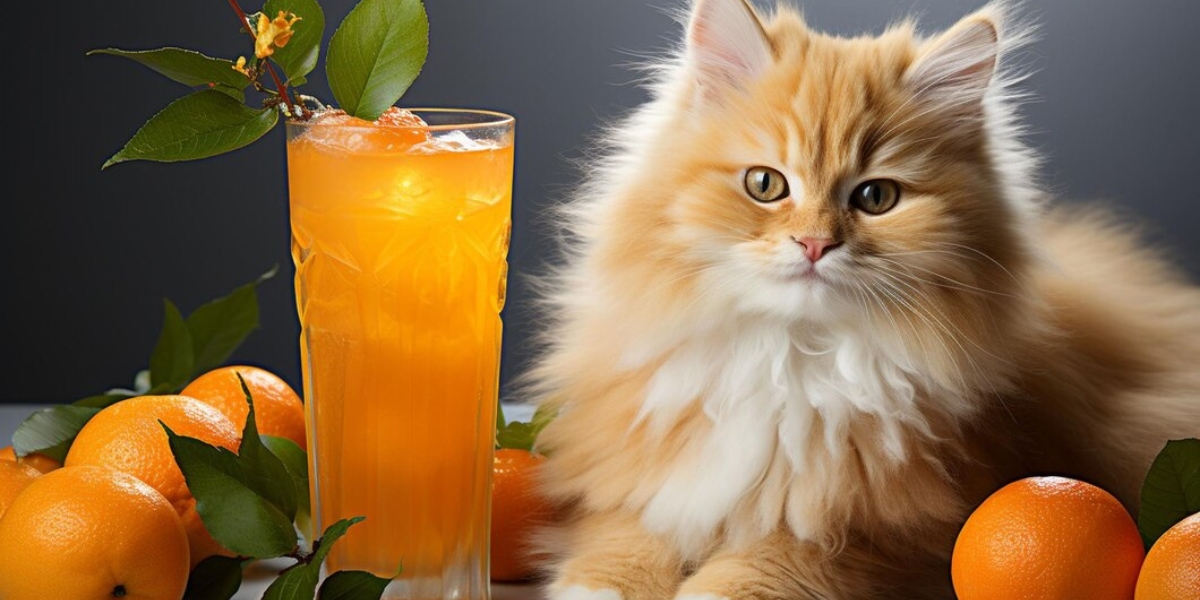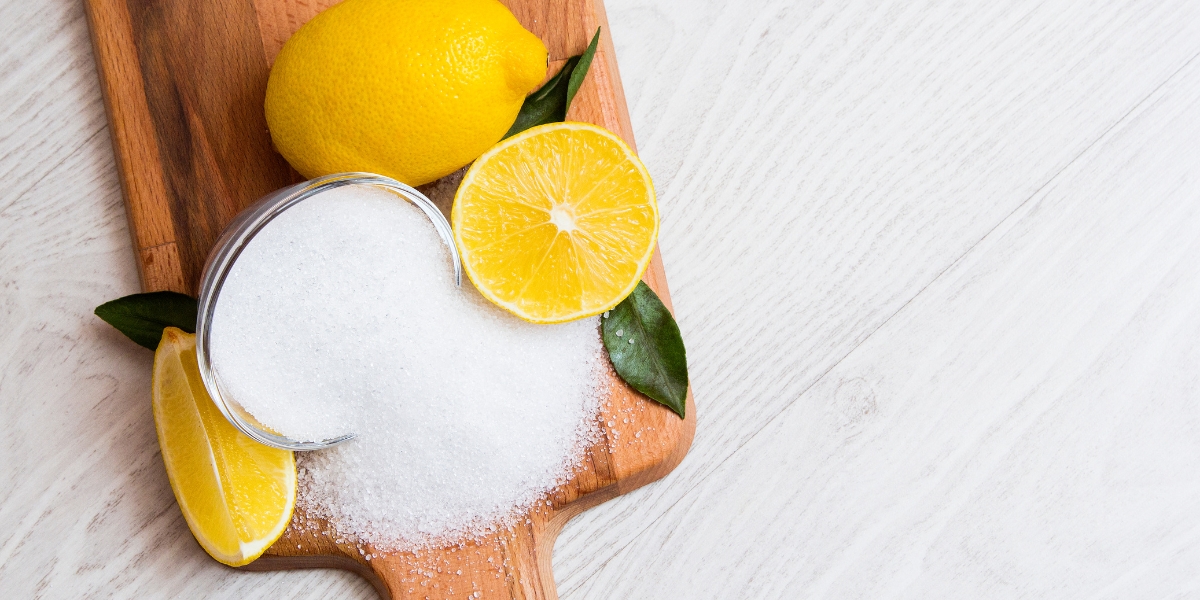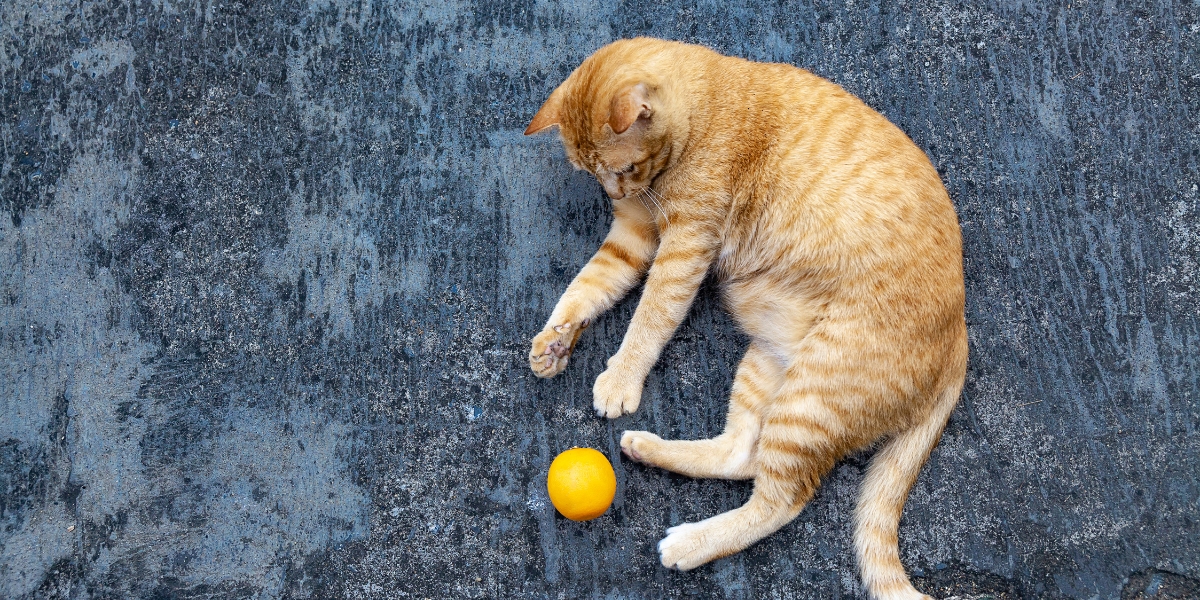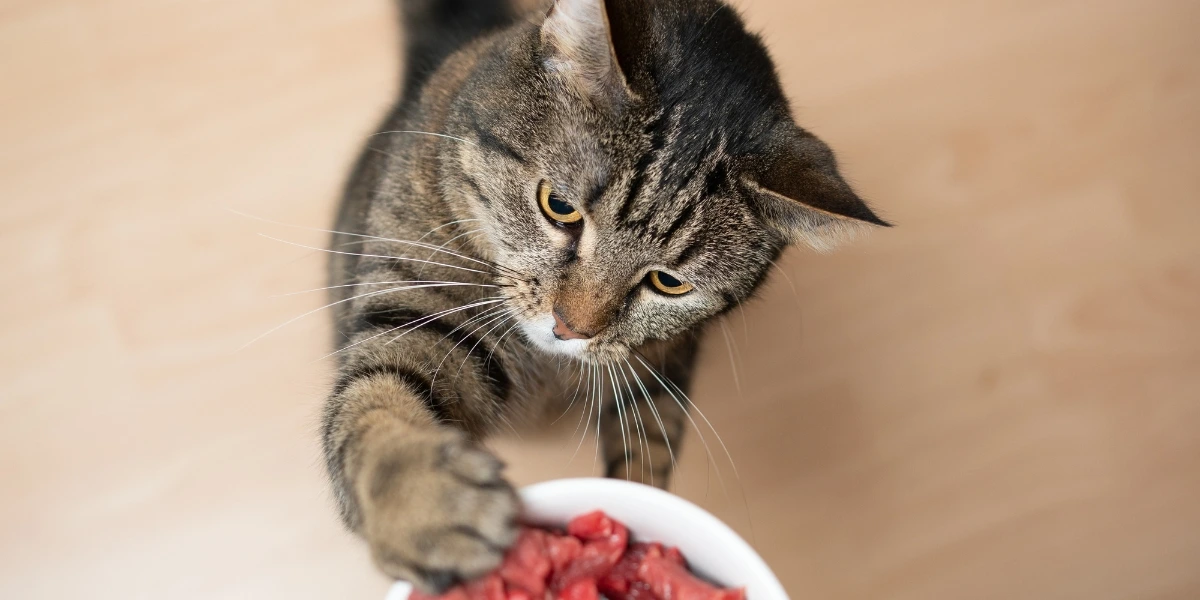Orange juice is one of the most popular fruit juices, often enjoyed as a refreshing glass with breakfast. Known for its health benefits like providing vitamin C, potassium, and antioxidants, it’s natural for people to wonder if it’s safe to share with their pets. However, while it may seem healthy and natural, orange juice is not a good choice for cats. For example, you might also wonder: is baking soda safe for cats?

The short answer is no—citrus fruits like oranges are toxic to cats and can cause serious harm. Even if a cat has only licked a bit, or accidentally consumed larger amounts, they may experience a stomach upset or worse. The ingredients in orange juice, especially its acidity and certain compounds, make it a human beverage that should be avoided for pets.
If you’re considering offering a safe treat to your cat, avoid anything with harmful ingredients like orange juice. Always ensure treats align with your pet’s age, health, and any underlying medical conditions or ongoing medication. Stick to appropriate foods designed for cats to keep them happy and healthy.
We hope you’ll join us as we explore why it’s important to never serve orange juice to your cat.
Quick Overview: Can Cats Drink Orange Juice?
Toxic: Yes
Species Appropriate: No
Commonly Allergenic: No
How Often to Feed: Never
How Much to Feed: None
Summary of Content
Orange juice is a popular beverage for people because of its healthy nutritional value, but it’s not recommended for cats. The natural compounds in it can be toxic, making it unsafe for feline
Many people enjoy orange juice in the morning for its beloved health benefits, but the short answer is no—it’s not safe for cats. Avoid offering it to ensure their well-being.
Is Orange Juice Bad for Cats?
Yes, orange juice can be harmful to cats for various reasons.
1. Citric Acid
Orange juice contains varying amounts of citric acid, which gives it a tart, sour flavor but can harm your cat’s digestive system. Ingesting even small amounts can upset their stomach, irritate the lining and lead to vomiting, diarrhea, or a reduced appetite.
This is why it’s important to avoid offering orange juice to your pet, as their bodies aren’t equipped to handle its acidity.
2. Essential Oils
The essential oils in oranges, including limonene and linalool, pose a serious danger to cats. Found in the peel, leaves, and even stems of the plant, these oils are highly toxic because cats lack the liver enzyme glucuronyl transferase needed to process and break down these compounds.
Exposure to commercially concentrated products, like shampoos, scents, or diffusers, increases the risk of harm. Cats may show neurological signs such as difficulty breathing, muscle tremors, or weakness if they come into contact with these oils through inhalation or ingestion. Even a small amount of orange juice or fruit can lead to digestive issues, such as an upset stomach or diarrhea, especially in larger quantities.
As obligate carnivores, cats don’t need fruit in their diet, and exposure to citrus compounds can cause serious detrimental effects. The ASPCA warns that oranges and their citric acid are particularly harmful, so it’s best to completely avoid offering orange juice or any part of the fruit to your feline.
If you notice signs of essential oil poisoning, like drooling or wobbliness, and suspect your cat has been exposed to any citrus products at home, contact a vet immediately. Bring a sample of the product for a quicker diagnosis and ensure your pet receives the proper care.
3. Sugar
Orange juice contains high sugar levels, which do not suit a cat’s dietary requirements focused on high-quality animal protein, moderate fat content, and minimal carbs. While the taste of orange juice might seem appealing to some cats, it offers no dietary benefit and can disrupt their natural diet.
Cats thrive on foods designed for them, not sugary drinks like orange juice. It’s also essential to keep in mind how various factors impact your cat’s overall health. If you’re interested in learning more about how food and other factors could affect your cat’s health, including their ability to hold their pee, you can read more here.
4. Artificial Sweeteners
Commercially prepared juices often contain artificial sweeteners like xylitol, which are known for causing toxicity cases in dogs. While the majority of reports focus on their harmful effect on canines, there is insufficient data about their impact on cats. However, as a rule, it’s best to avoid these products due to the potential risk of additives and unknown consequences. Prioritize your cat’s safety by steering clear of juices with additives or sweeteners.
5. Psoralens
Psoralens are a harmful compound found in oranges and other citrus fruits, particularly in the peel and juice. They can make a cat’s skin more sensitive to sunlight, potentially causing burning or irritation. Along with essential oils, these compounds are toxic to cats upon ingestion, which is why the ASPCA lists them as unsafe. This is another key reason to completely avoid giving cats orange juice or any citrus products.
6. Vitamin C
While orange juice is rich in vitamin C and helps the body support the immune system in people, cats naturally produce enough of this nutrient on their own. There’s no need to supplement their diet unless specifically directed by a veterinarian.
If you’re tempted to offer orange juice to your cat as a health boost, remember their body doesn’t benefit from extra vitamin C, making it unnecessary and potentially harmful.
Why Is Orange Juice Toxic for Cats?
Cats shouldn’t drink orange juice, even in small amounts, because it can be deadly for them. Orange juice contains compounds like oxalate, which increases the risk of calcium stones forming in the urinary tract. Cats cannot properly break down these compounds, as they aren’t excreted efficiently through their urine.
Additionally, the rind and pulp of an orange are toxic, making even a cup of OJ dangerous. If your cat accidentally sips from a cup on your desk or spills it on the floor, watch closely for signs of acting unusual or poisoned.
If your cat is worried or not acting normal within seconds to a minute, move them to safety and call a vet for help. Drinking orange juice, even if consumed in small amounts, can lead to instant discomfort or long-term urinary issues. Always keep orange juice and similar items out of reach to avoid this risk.
How Often Can A Cat Have Orange Juice?
Cats should never drink orange juice due to the toxic risk it poses. The citric acid, essential oils, and psoralens found in oranges can cause digestive issues or more serious reactions. Even a small amount of juice can expose your cat to these harmful compounds, making it unsafe for their health.
Are There Any Benefits To Giving A Cat Orange Juice?
There are no benefits to giving a cat orange juice. Cats are obligate carnivores, meaning they rely on eating meat to meet their nutritional requirements. Orange juice is low in protein and offers no value to their diet. Instead, its high sugar content can lead to obesity and doesn’t provide the plenty of energy that cats need from appropriate sources like animal-based foods.
Do Cats Like Orange Juice?
Most cats are naturally repelled by the strong citrus scents of orange peel or juice. Their sensitive nose often finds these energizing and refreshing smells overwhelming, which helps keep cats away from such fruits. This is why some pet owners use natural repellents like citrus sprays made from orange peel to discourage curious cats.
While a few exceptions exist, it’s unlikely for cats to show interest in drinking orange juice. The good news is that even if they try, they typically won’t drink enough to cause severe symptoms. Still, it’s recommended to leave your glass of orange juice unattended, as it’s always best to avoid unnecessary risks.
What Should I Do if My Cat Drinks Orange Juice?
Cats have sensitive noses, and the strong smell of citrus fruits, like oranges, usually acts as a natural repellant. However, if your pet happens to lick a small amount of juice, the chances of serious harm are low. Keep an eye out for signs like drooling or mild digestive issues, as these may occur due to the essential oils in the juice.
If your cat consumes more than a small amount or shows unusual symptoms, such as vomiting or discomfort, contact a vet for professional advice. It’s always safer to prevent contact with orange juice and other citrus-based products to avoid unnecessary risks.
DIY Cat Repellent (With Orange Juice)
Using citrus fruits like oranges can naturally repel cats. Many people use this safe, natural repellent to help keep cats off furniture or to reduce the number of stray cats in their yard. A little orange juice spray works wonders!
Ingredients
- 3 – 4 whole oranges
- 1 quart water
Instructions
- Pour water into a 2-quart saucepan
- Peel oranges and place the rinds in water to prepare the mixture.
- Bring the water to a boil with the orange rinds.
- Cover the saucepan and simmer for 20-30 minutes.
- Allow the solution to cool before use.
- Remove and discard the orange rinds from the solution.
- Strain the remaining fluid to remove tiny particles.
- Pour the solution into a spray bottle for easy use.
- Spray the solution in areas where you don’t want cats to go.
Dilute orange juice with water and spray it sparingly in an area to keep away your cat or strays. The smell works best out of the way spots indoors or outside. For a stronger solution, reapply every few days and try it safely without worrying about side effects.
How Much Orange Juice Can A Cat Have?
If your cat has sneakily stolen a few sips of orange juice or licked your fingers, it’s unlikely to be seriously affected. However, it’s difficult to quantify exactly how much juice could cause problems, as reactions can vary between cats. To be safe, avoid offering orange juice to your pet altogether.
If your cat has had contact with a decent amount of citrus fruit and is showing common symptoms of citrus toxicity, such as drooling, vomiting, or discomfort, monitor closely and contact a veterinarian immediately. Always keep your own glass of orange juice out of reach to prevent any accidental consumption.
Conclusion
Orange juice and related foods like oranges and orange peels are not suitable to share with your cat. If your pet has drank a little, it’s unlikely to cause significant damage, but it’s not a safe treat or drink due to the potential risks. Focus on preventing your cat from accessing such items and consider using orange peels as natural deterrents to keep stray cats from going near certain areas.











